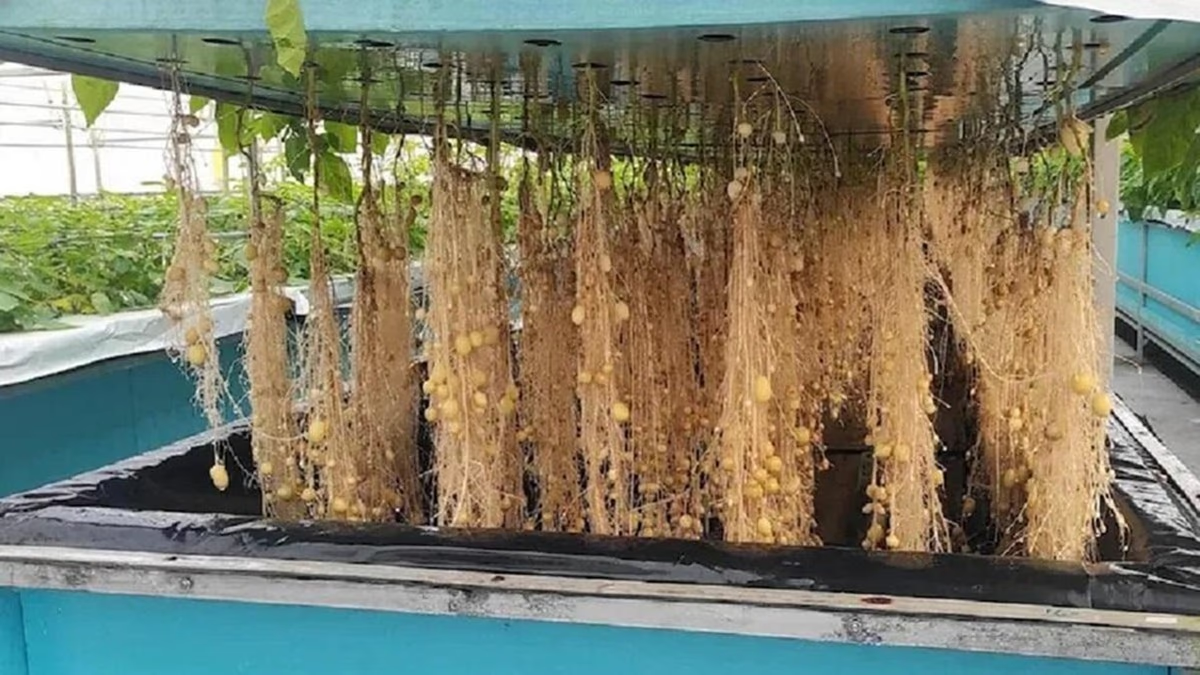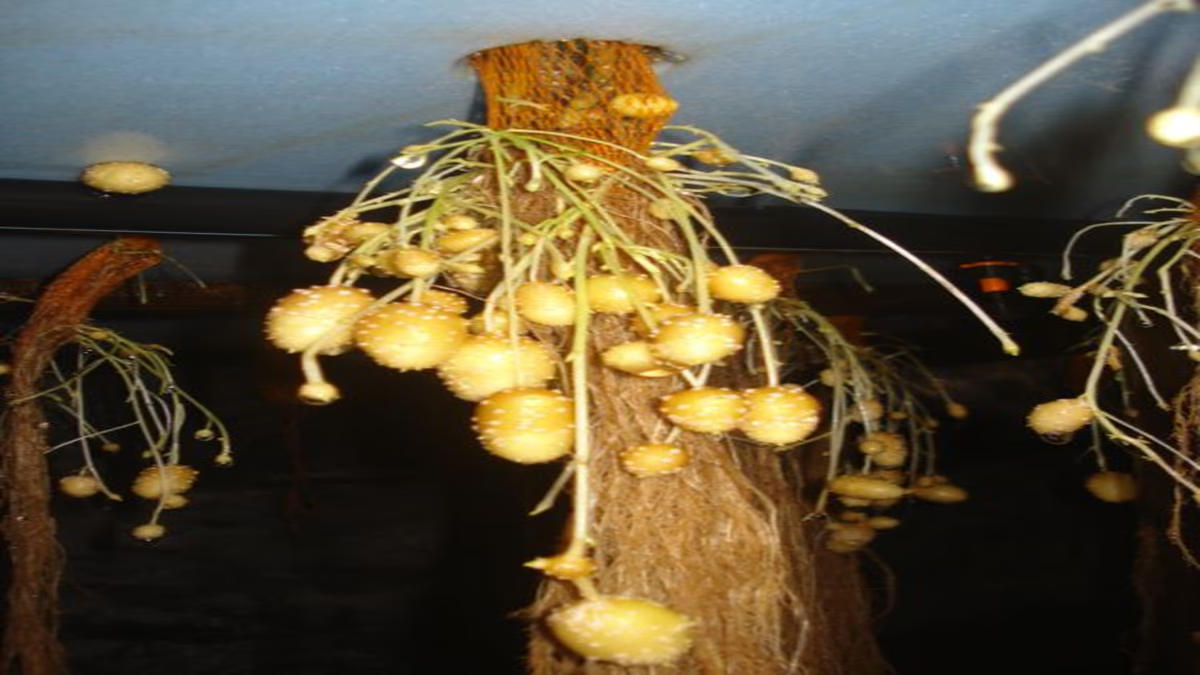
Source: aajtak
Using aeroponic technology, potatoes are cultivated without the need for soil, instead, suspended in air. This innovative method significantly increases yields and the quality surpasses soil-grown potatoes. The potential yield can be tenfold.
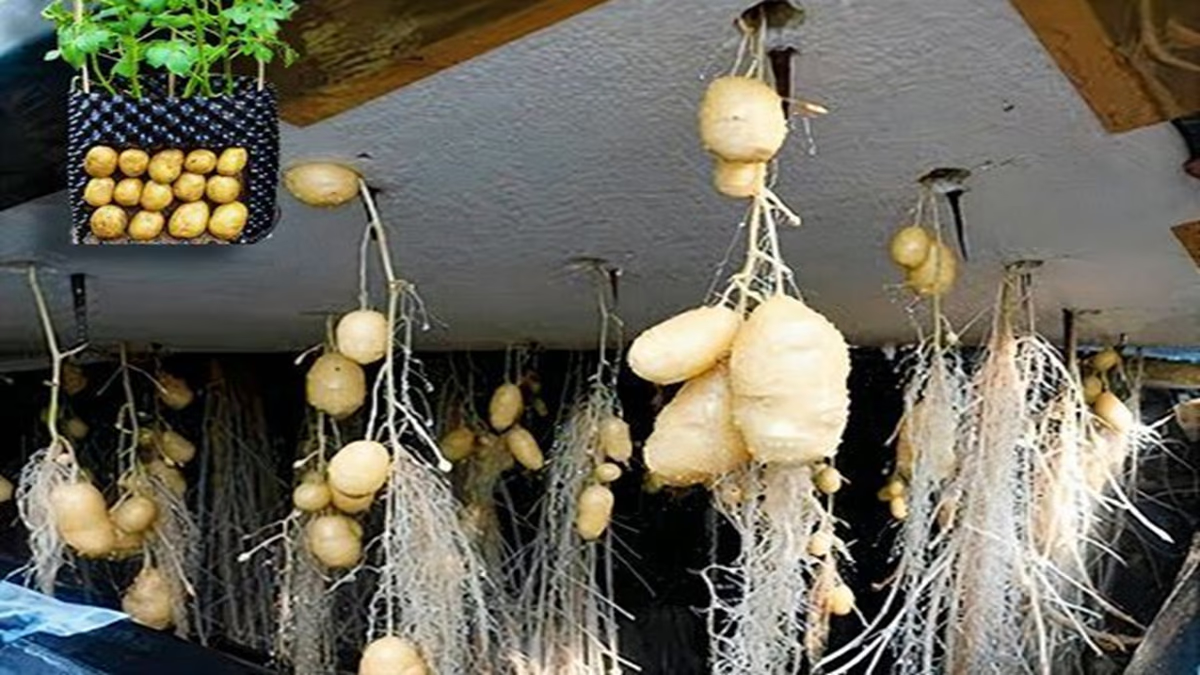
Source: aajtak
In aeroponic setups, potato plants are suspended in spacious boxes. The seeds acquired through this method are disease-free. Nutrients are provided to the plants through the roots hanging in the boxes.
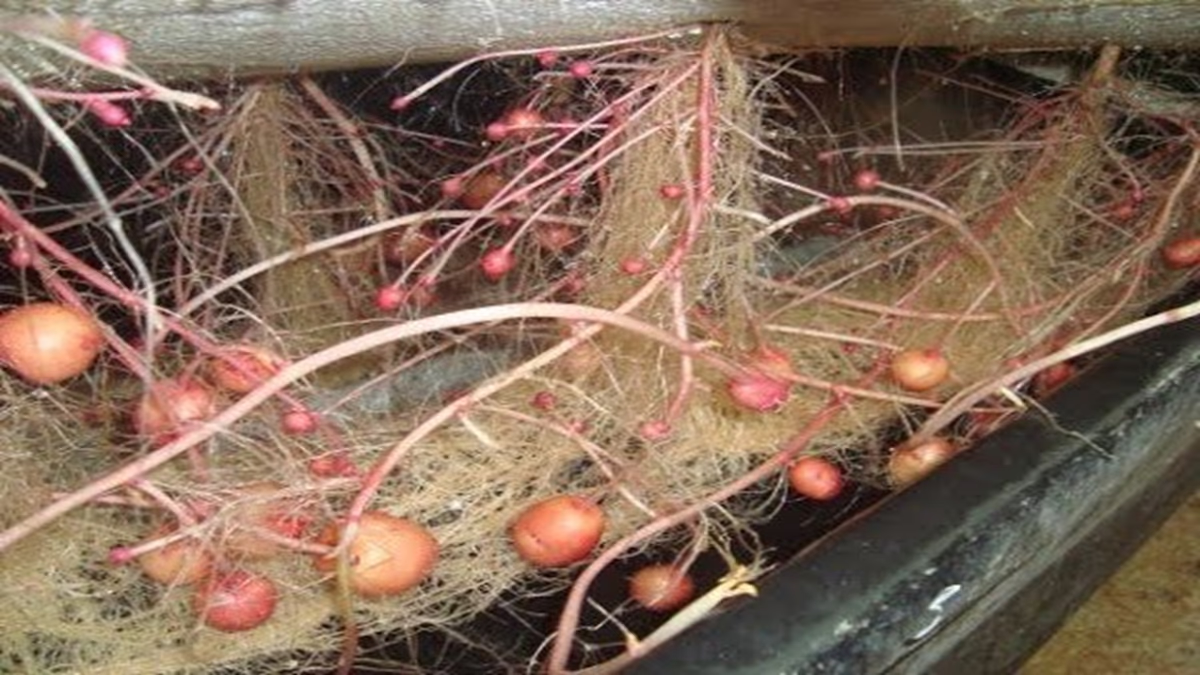
Source: aajtak
A key advantage of aeroponic farming is the elevated productivity; with each plant potentially yielding about 40 potatoes, achieved through tissue culture and biotechnology.
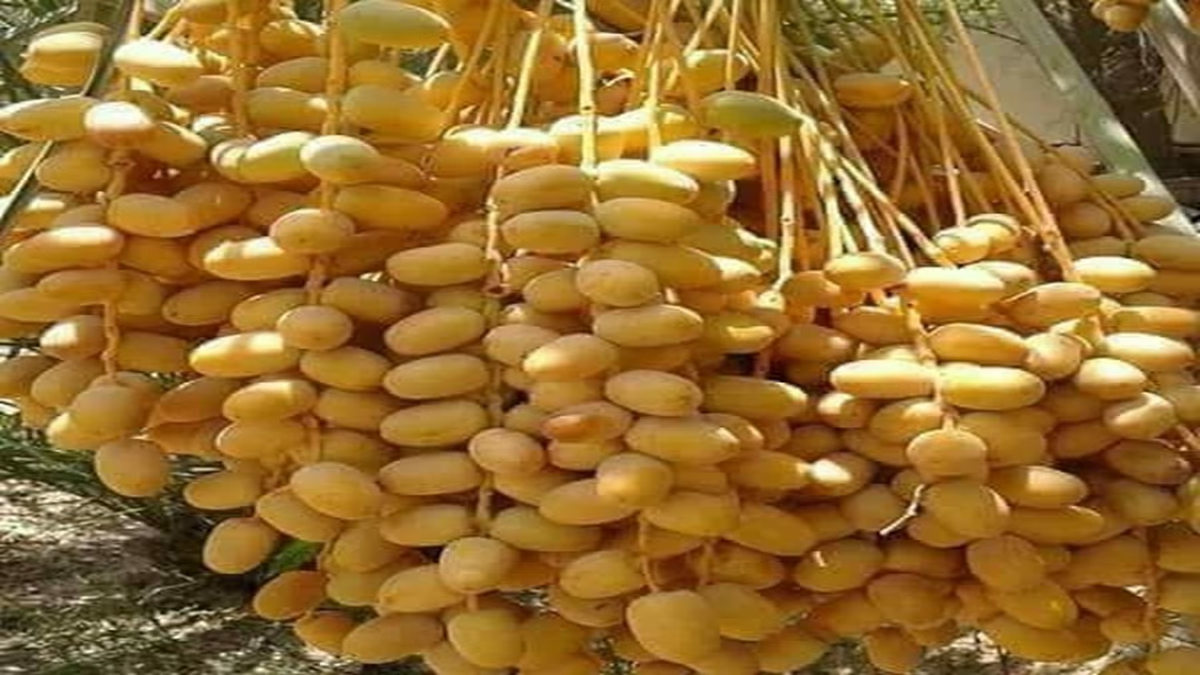
Source: aajtak
Initially, plants developed from tissue culture are placed in cocopeat for 20 days. They are then transitioned to aeroponic systems for further growth.
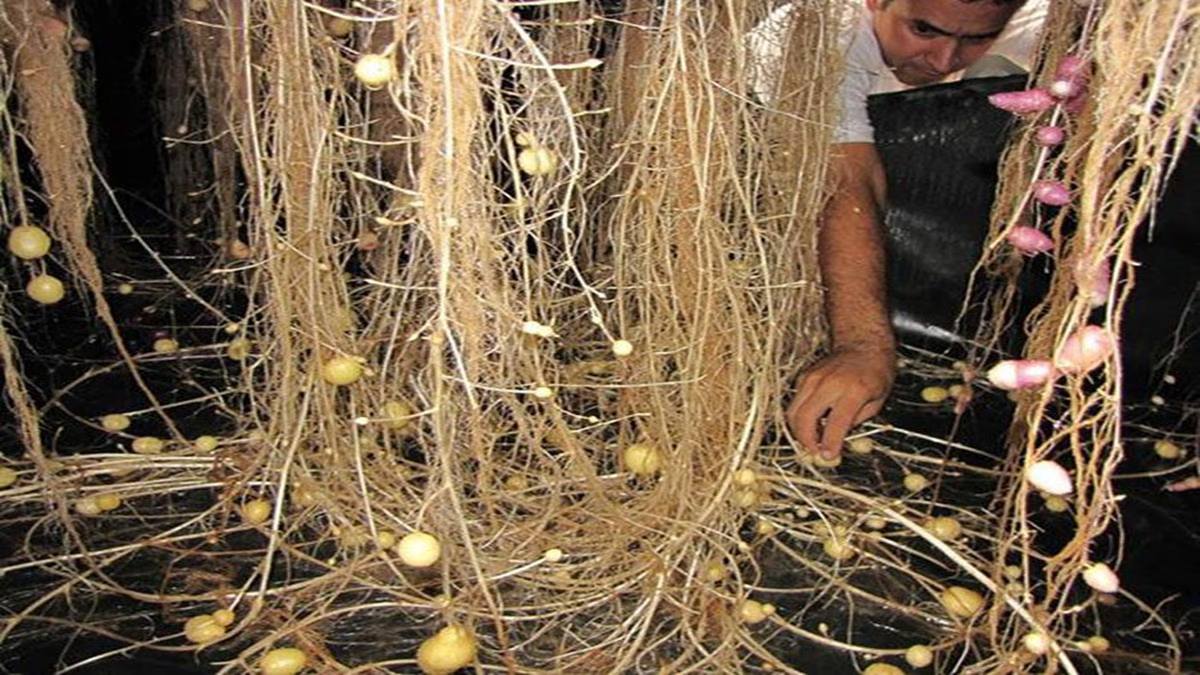
Source: aajtak
In aeroponics, each plant is provided distinct nutrients. The pH levels of the plants are monitored daily to ensure quality and optimal size of the potatoes.
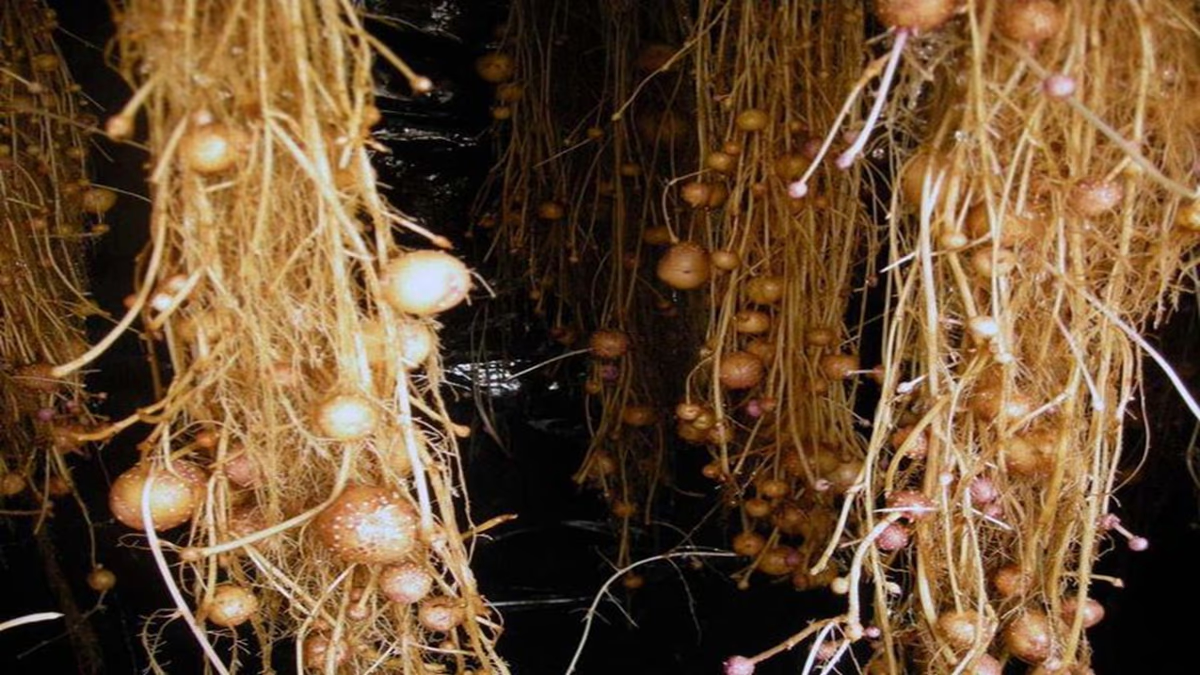
Source: aajtak
According to scientists, this method offers significant benefits to farmers. It is cost-effective while enabling a higher yield. The roots receive nourishment through mist, eliminating the necessity for soil or land. The plant's upper part thrives in open air and sunlight.
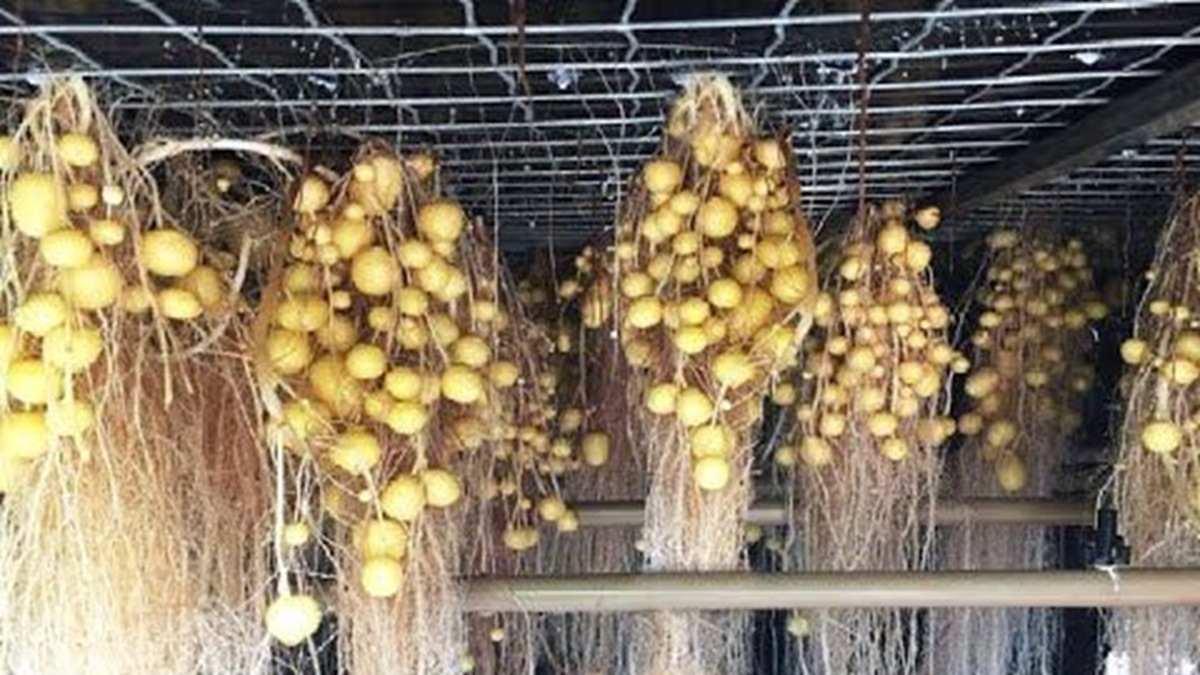
Source: aajtak
Aeroponic methods enable the harvest of potatoes every three months. The absence of soil contact keeps the plants healthy, free from pests or diseases.
